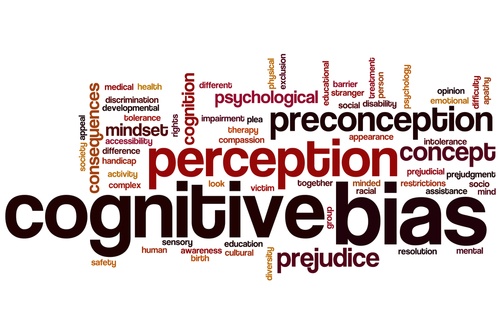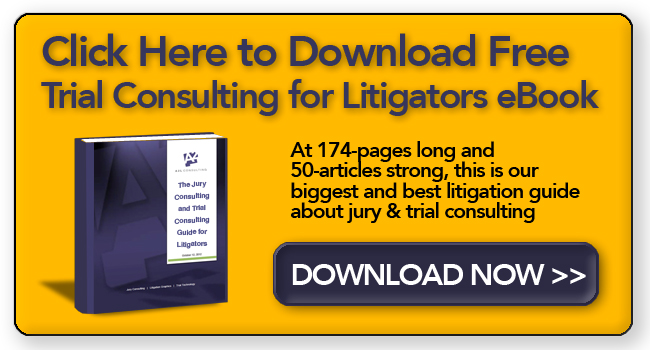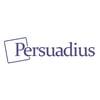Confirmation bias is a pervasive cognitive bias that affects individuals in all areas of life, including the court system. It is crucial to understand the nature and effects of confirmation bias in order to mitigate its impact in jury trials. By recognizing and addressing confirmation bias, we can work towards a fairer and more just legal system.
Confirmation bias occurs when individuals seek out and interpret information in a way that confirms their existing beliefs and prejudices. This tendency is deeply ingrained in human psychology and can lead to the dismissal or discounting of evidence that contradicts one's preconceived notions. In a courtroom setting, confirmation bias can be particularly problematic as it can influence jurors' interpretations of evidence and ultimately impact the outcome of a trial.
The effects of confirmation bias in jury trials are far-reaching and can have serious consequences. Jurors who are influenced by confirmation bias may overemphasize certain types of evidence that align with their beliefs, while disregarding or discounting evidence that challenges their pre-existing views. This selective interpretation of evidence can lead to flawed judgments and decisions, potentially resulting in wrongful convictions or acquittals.
To overcome confirmation bias in jury trials, it is essential to implement strategies that promote objectivity and fairness. One effective approach is to educate jurors about the nature and effects of confirmation bias. By providing jurors with an understanding of how confirmation bias operates, they can better recognize its influence on their judgments and take steps to mitigate its impact.
Encouraging jurors to consider alternative perspectives is another valuable strategy for overcoming confirmation bias. By fostering an open-minded approach and challenging their own assumptions and beliefs, jurors can evaluate evidence objectively and avoid making biased judgments. This can be achieved through thoughtful and thorough jury instruction, emphasizing the importance of considering all available evidence and viewpoints.
In addition, the use of evidence that challenges jurors' pre-existing beliefs can help counteract confirmation bias. By presenting evidence that contradicts jurors' initial assumptions, they are more likely to critically evaluate the evidence and make informed judgments based on the facts presented.
Expert witnesses also play a crucial role in mitigating confirmation bias. By providing jurors with objective and reliable information based on scientific research and empirical evidence, expert witnesses can help counteract jurors' pre-existing beliefs and biases. Their testimony can provide a balanced and unbiased perspective that encourages jurors to evaluate the evidence objectively.
Finally, emphasizing the importance of objectivity and fairness throughout the jury trial process is essential. By consistently reminding jurors of their duty to evaluate evidence objectively and avoid being swayed by personal biases, the likelihood of making a fair and just decision increases.
Confirmation bias can significantly impact the outcome of jury trials, potentially leading to wrongful convictions or bad decisions about liability. However, by understanding the causes and effects of confirmation bias and implementing strategies to overcome it, we can ensure that jurors evaluate evidence objectively and make fair and just decisions. By striving to mitigate confirmation bias in the criminal justice system, we can work towards a more equitable legal system that upholds the principles of justice and protects the rights of all individuals involved.
Other articles by the trial, litigation, and jury consultants at A2L Consulting discussing juror bias and the persuasion of jurors generally:
- Font Matters - A Trial Graphics Consultant's Trick to Overcome Bias
- 5 Ways the Economic Crisis Has Changed Jurors
- Are Jurors on Your “Team”? Using Group Membership to Influence
- FREE DOWNLOAD: Tips for Mock Trials and Using Jury Consultants
- A2L Voted Best Jury Consultants by Readers of LegalTimes
- 5 Questions to Ask in Voir Dire . . . Always
- 10 Signs of a Good Jury Questionnaire
- 16 PowerPoint Litigation Graphics You Won't Believe Are PowerPoint
- 10 Things Litigators Can Learn From Newscasters
- Is Hiring a Jury Consultant Really Worth It?
- 7 Tips to Take “Dire” out of Voir Dire
- Jury Selection and Voir Dire: Don't Ask, Don't Know
- Could Surprise Be One of Your Best Visual Persuasion Tools?
- When a Good Trial Team Goes Bad: The Psychology of Team Anxiety
- 10 things every mock jury ever has said






Leave a Comment